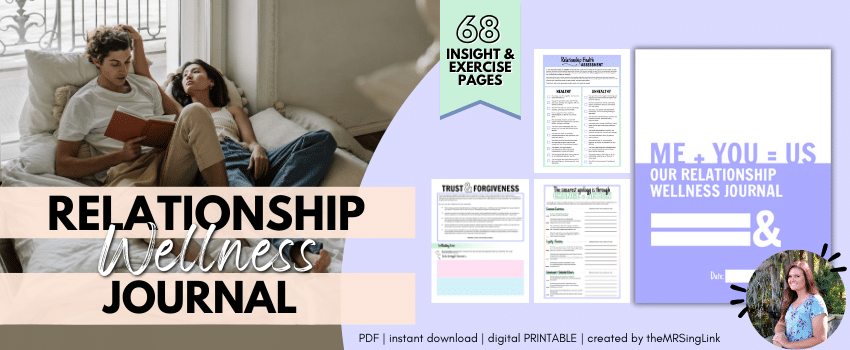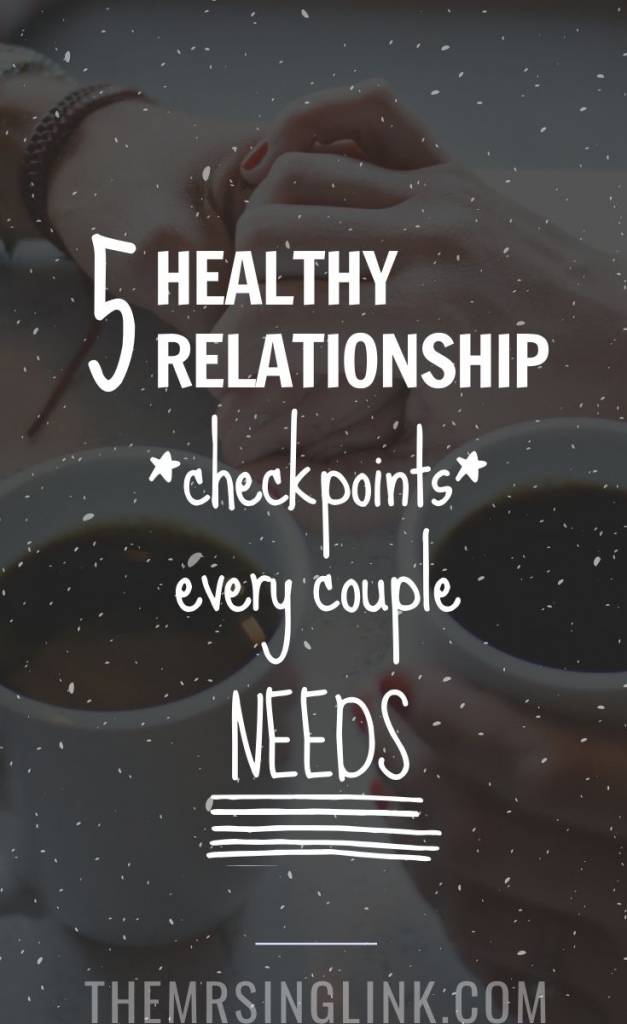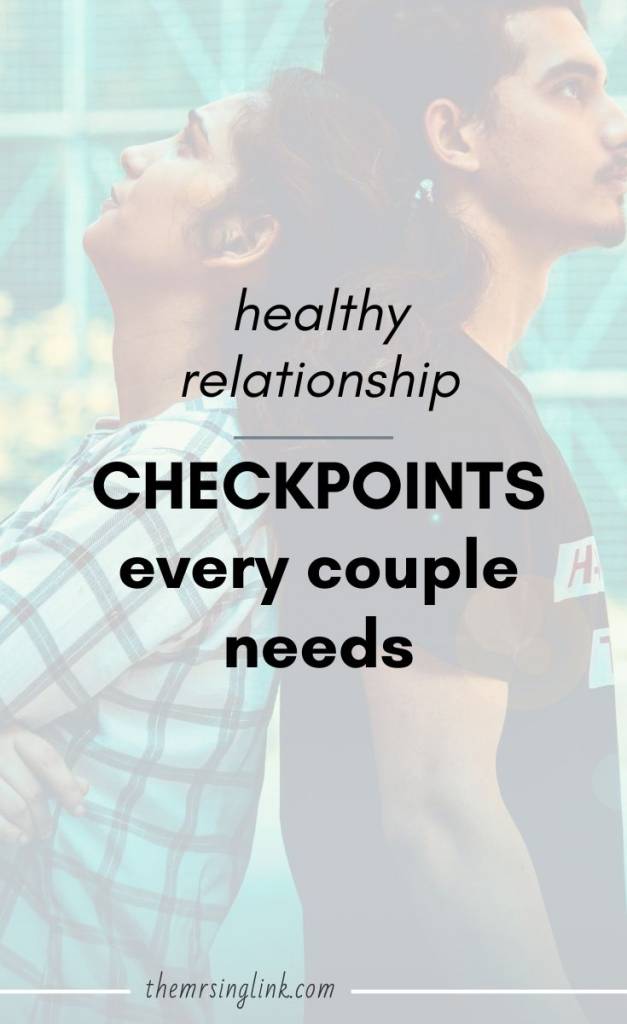…regardless if you believe your relationship is thriving. See, because that’s the crazy, crazy part – while all is seemingly perfect on your end, the fact is that may not always be the case for your partner. Couples are ingrained with the notion that they are supposed to be able to tell one another anything and everything. While that still holds true, it’s much easier to be vulnerable with you’re on the same page.
But what happens when your reality no longer aligns with your partner’s? Moreover, what if you or your partner’s reality is often dismissed, ignored, wronged or invalidated?
Relationship happiness is more susceptible to being falsified out of fear of repercussions; for example, you avoiding telling your partner you are unhappy in the relationship because you know it will upset them (and possibly threaten the entire relationship). There are several times I have experienced this fear. I will sometimes mask my unhappiness to avoid my husband from seeing me as this so-called nagging, miserable wife instead of a person with genuine feelings that are beside his own.
This being something I am recovering from, it requires learning to be more proactive with my needs and feelings instead of reactive (especially internally, since that is what I tend to do). Hence why it is so important to check in with your partner whether or not you *feel* you need to.
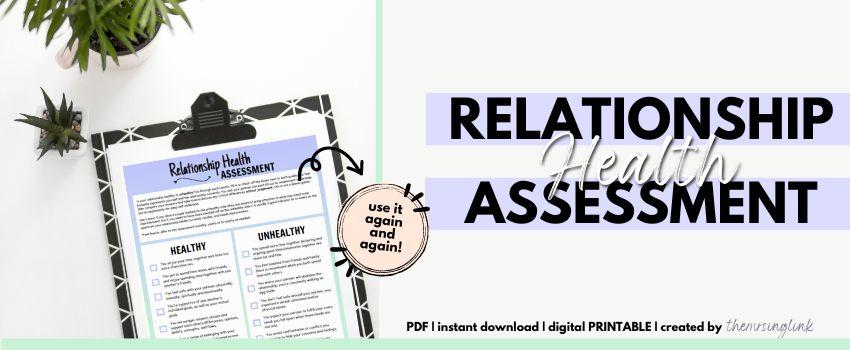
Being proactive in a relationship is a two-way street, and often means being more willing to do things that may be unnatural and uncomfortable at first. Couples need to be more open and vulnerable with their needs and feelings, while also familiar and welcoming of discomfort from one another’s reality – through self-awareness and acceptance. It’s knowing you won’t always make your partner happy (and vice versa), and not be taken so deeply personal.
And while it’s super important to be open and receptive to feelings regarding the relationship (good and bad), you also shouldn’t solely rely on the presumption that all is well simply because your partner has not expressed otherwise. Just because problems within a relationship are not addressed doesn’t mean they don’t exist.
Being emotionally blind-sided is not as uncommon as you’d think. Nobody is really prepared to find out their partner isn’t happy or feels a certain, different, or inconvenient way about something in the relationship. Let’s be real, some don’t even want to hear it. So it isn’t crazy for those to have a fear of disappointing their partner or threatening the state of the relationship.
Hence the need to be more intentional with creating a space where both can feel at ease to discuss their feelings (good and bad). Similar to the practicality of having 6-month or yearly work evaluations, it shouldn’t be unnatural when the same is applied to relationships.
By checking in with your partner you not only show your concern for their relationship fulfillment but help strengthen intimacy by encouraging emotional transparency. When and how often you check-in is up to every individual couple, but it’s fair to say you’re better off checking in more frequently than infrequently. There are numerous ways you can check-in with your partner that, in time, become a healthy habit and will have a positive influence on the quality of your relationship.
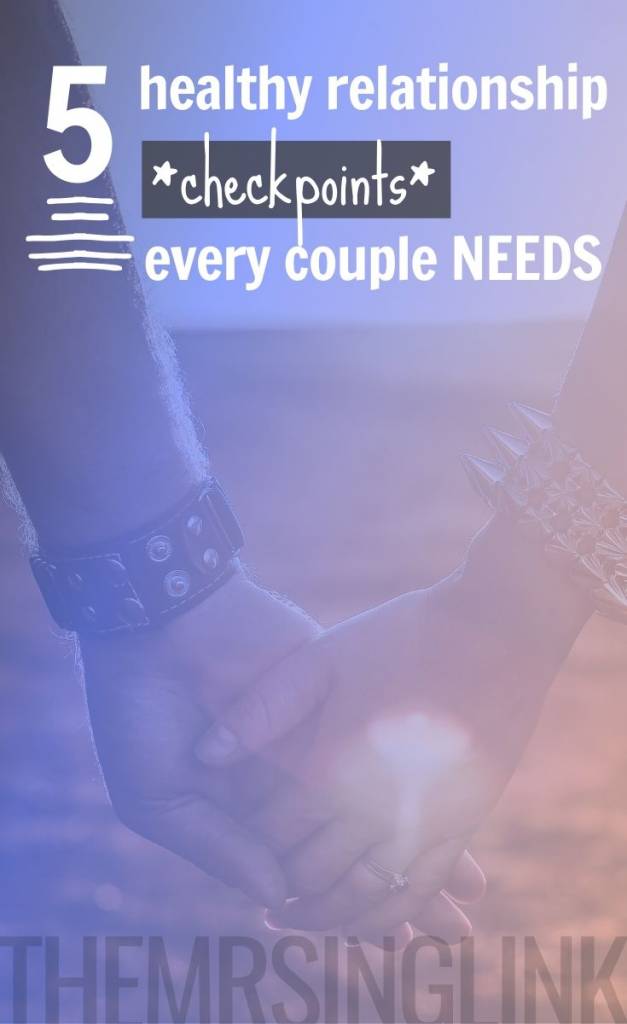
5 Ways you need to check in with your partner
touch can convey non-verbal messages
I can bet there are couples out there who go an entire 24 hours without even touching their partner, or engaging in any physical affection. And for some that may be the norm – not good. When you touch your partner – whether that be with a hug, grazing their shoulder, or grabbing their hand – you are not only fulfilling a need but also sending a message, such as “I see you“, “I want you“, “I’m here for you“, “I need you“, “I choose you“, “I Love you” or better yet “I like you.“
And you can receive a lot of information from your partner through touch, positive and negative. Are they receptive with a playful attitude, or do they tense up and turn their body away from you? Also, do they reciprocate? As for someone who is not very physically affectionate, I know this must be more intentional on my end. But it’s important to remember that touch is not to be used as a single way of gauging the quality of your relationship, yet it’s a simple and indirect way of checking in with your partner amidst life’s craziness.
there are no stupid questions
You heard this often from your grade school teachers… hopefully. It’s still true, and highly underrated, especially pertaining to our relationships.
So get curious, even if you think you know. Ask, ask, ask – never assume!
We’re so consumed with reputation and self-image, such as hiding our faults, flaws and weaknesses from the light. We close our eyes and plug our ears to acknowledging imperfection and that there is more than one right way to life. We’re so obsessed with upholding our own idea of perfection even though we use the truth of imperfection as a security blanket. We’re often afraid to ask questions – stupid, unnecessary questions or simply too many we should already know the answers to. Put an end to the stigma of assuming relationships are a non-verbal constant and do not require voluntary confirmation. People get a physical, their vision checked, a breast exam, or see the dentist every year even when they feel fine, right?
Personally, I think we assume more than we actually know based on what we perceive and what we filter. I don’t think we ask enough questions, especially pertaining to the quality of our relationships and our partner’s mental health in general.
I know I said there are no stupid questions, but that doesn’t mean you shouldn’t be mindful of the way questions are asked. A question as simple as, “How are you doing?” is always a pretty generic yet engaging way to invite your partner to open up. But on the flip side, be careful when asking things like, “Are you happy?“, “You cool?“, “Everything okay?“, and “Are we good?” as that might come across as subconsciously deflecting your partner’s true feelings. Meaning it implies what you should be – you should be happy, you should be cool, you should be okay or we should be good. This can make it discouraging to say “No” because the question invites more of a desirable Yes response rather than a vulnerable, subjective answer.
The key here is making it okay for your partner to not be okay, and allowing to be open about it.
Get more comfortable checking in with your partner by asking routine questions, whether some be every day, every week, or every month. Make it your own. I guarantee you will get a slightly different answer each time and a positive result because of it. Some easy ones to start with are,
- How are you feeling lately? (Vary this question by including [in general/about life] or [about us/our relationship/marriage])
- What were your high and low points this week?
- How do you feel about ‘us’?
- Anything you feel like talking about? I’m all ears. (This especially pertains to your partner during times of personal distress, or after an argument – don’t just ask once, be persistent)
- How can I make you feel more loved/appreciated/respected?
- How can I help? (Initiate “taking a load off” your partner – whether that be dishes, picking up a mess, running an errand, etc. – or start making it a habit to ask how you can be more of help in, around or outside the relationship)
Some questions a bit more “advanced” that can feel uncomfortable or unnatural at first are,
- What is one thing I can improve upon for our family/relationship?
- What is something I do that upsets you the most?
- On a scale from 1-10:
- How would you rate our physical intimacy this week? What did you like/not like about it? What is something that would make it better?
- How would you rate our connection overall (emotional, intellectual, friendship, etc.)? In what areas do you need more, and what are some ways we could improve on that?
- Is there anything you feel has compromised your trust in me? (For couples especially dealing with distrust) What do you need from me to ensure I am earning your trust?
- What is something new you have learned in our marriage (about me, yourself and/or about marriage in general)? What is something you would like to change or do differently?
Obviously, the wordage of these questions is a bit textbook, so put your own spin on them, like “What did you think of the sex last night? What was your favorite part/what could I do to make it mind-blowing?“
Again, there are no stupid questions in the name of Love. If you genuinely care, that’s what matters.
discussing, managing and evaluating your relationship goals
Every couple should have #relationshipgoals. And I’m not talking about going exclusive, moving in together, getting engaged or married and having kids – those are strictly personal goals, or otherwise relationship expectations and ultimatums.
Relationship goals are not superficial, so what you see on social media is not it.
Real relationship goals pertain to unity or building upon what actually makes up, strengthens and sustains a relationship. These are ongoing goals without end because disruption, complacency, and mistakes are inevitable. There’s a pretty long list of goals to consider – trust, communication, connection, intimacy, authenticity, accountability, honesty, openness and transparency just to name a few.
Specifically, some goals you have in your relationship could be (but not limited to):
- Making more quality time together (or even scheduled quality time, like date nights)
- Making more time to spend apart (some couples may actually be dealing with attachment issues where they are not giving one another their allotted personal space or “me time”)
- Working on listening to one another’s problems without instinctively imposing an opinion or solution
- Being more transparent with digital devices (creating more space for trust and openness while learning to respect privacy instead of making privacy into secrecy)
- Voicing your needs instead of expecting your partner to read your mind, or assuming your needs based on your current emotions.
Unfortunately, there’s a difference between rehashing old wounds and targeting to treat the root problem. But for many couples, they feel bringing up areas in the relationship, that need work, while in a happy place or state of peace is like walking on eggshells. That’s not how improvement works. If communication is your struggle, it will never actually improve if you only make an attempt to fix it in times of crisis or conflict. Just like if you failed a test you didn’t study for – you wouldn’t wait to study the day of the next test, so why would you only work to improve on areas in your relationship when those areas are actually being tested?
Part of checking in with your partner has to do with nurturing your relationship (by intentionally setting goals to accomplish together), and working on problem areas even more so when you are in a good place.
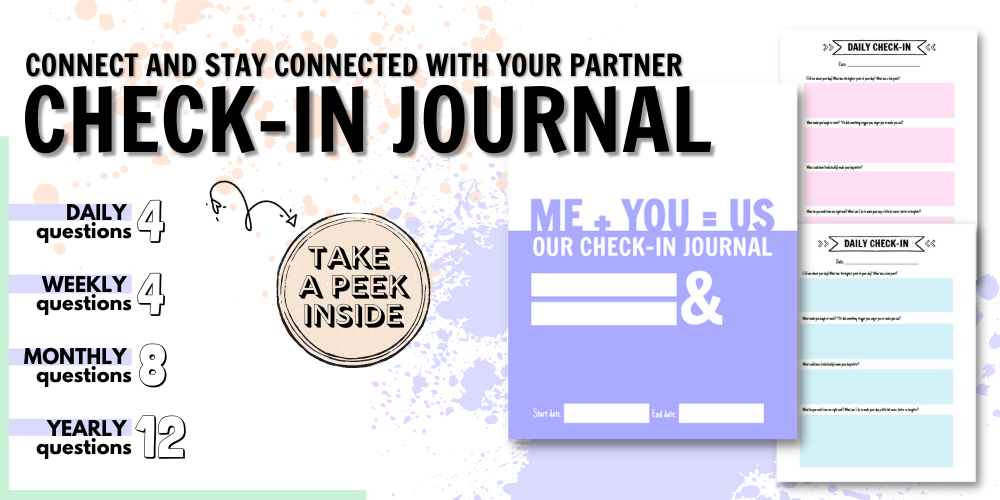
get your partner’s perspective
Showing interest in your partner’s reality can do that much good, it’s painstakingly effective in creating a deeper, stronger connection. This means having the ability to take one, single step outside the little world inside your little head to find out what all goes on inside someone else’s (without trying to alter, manipulate or destroy it), and acknowledging that your own is not the only one that matters.
In fact, when you encourage and welcome your partner’s perspective you are signifying their importance, value, and worth as an individual and human being. It doesn’t make your perspective wrong or invalid, it simply means there is no right or wrong when it comes to interpretation.
Engage more critically by asking open-ended and conversational questions such as “I’d love to get your take on something..”, “what do you think about this?” or “how do you feel about that?” This is especially helpful during conflict or disagreement when you or your partner tends to automate to self-defense or self-preservation mode.
spark up ideas on what you want to improve
And what I mean is… things you feel YOU need to improve.
For the last few months – actually more like over the course of two years – I went through a lot of cycle-breaking, trauma recovery and true self-acceptance. My work is still not complete. There have been numerous accounts where I have randomly proposed to Ray something I want to change in myself.
For example, a big one (and likely a very common problem for many) was, “I want to be able to just listen to you more when you confide in me [about work]. I always try to tell you what you should do or how to fix things, and I need to stop doing that.“
Acknowledging that not only addresses and affirms how my behavior negatively impacts my husband (and the quality of our relationship), but it also makes me accountable instead of expecting my husband to always see things from my level of understanding – in that ‘I only act this way because I love and care, and I want to help him.‘
The thing is, most of us know what we can do better, or exactly what needs to be improved upon, but admitting to it without reason implies our weakness when the willingness to self-evolve takes strength. And a couple that is constantly evolving together are the happiest couples.
